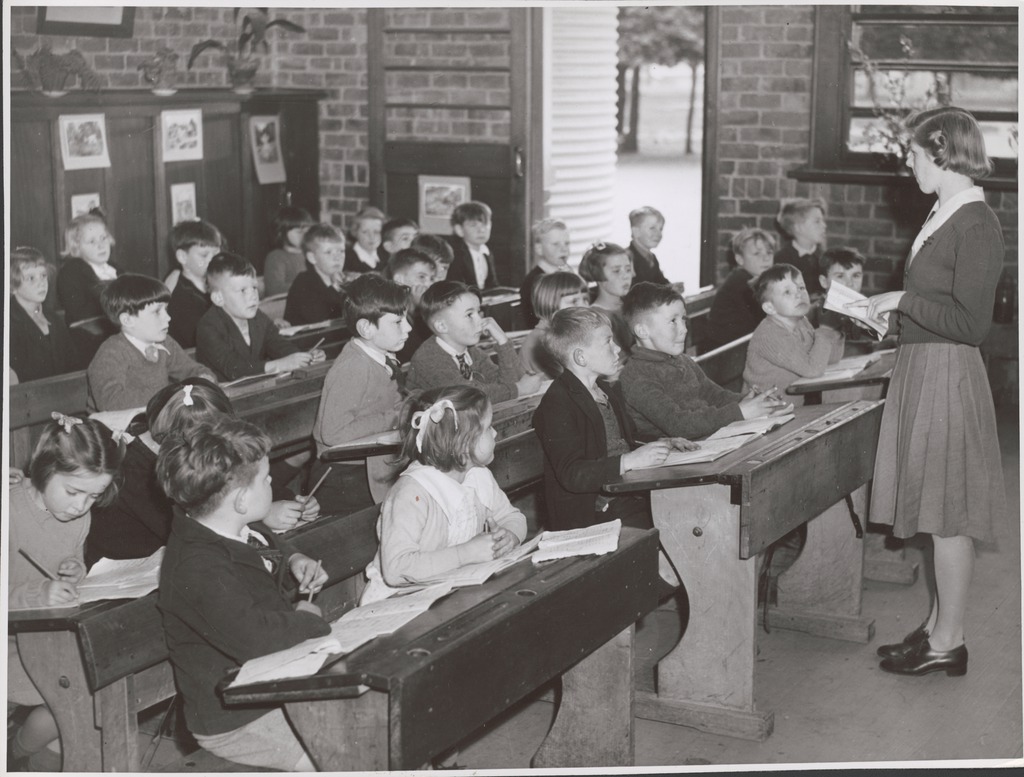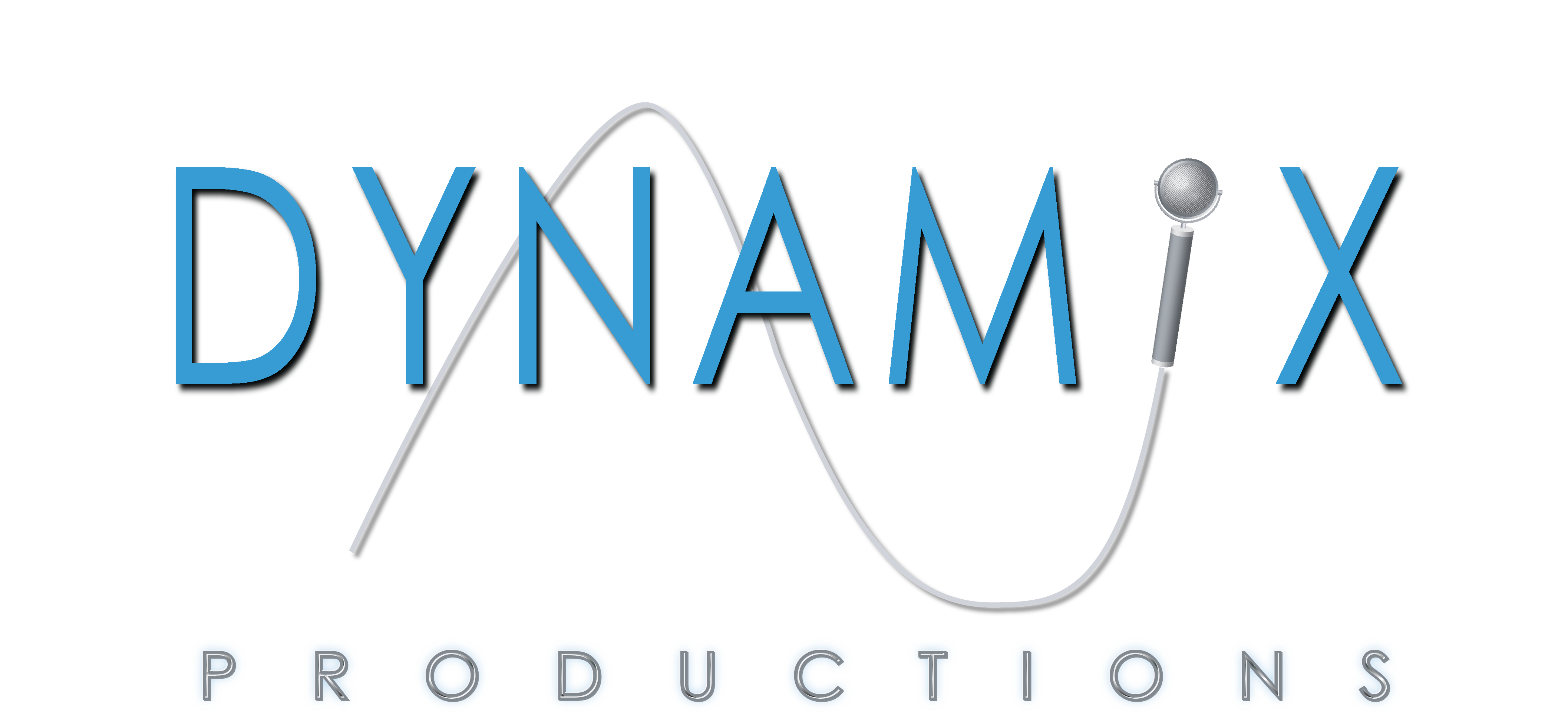

- © 2003 - 2025 Dynamix Productions, Inc. Contact Us 0



"Radio is a hungry monster that eats very fast."
Tyler Joseph
Everything today seems to be sped up. We speed to work, we speed to pick up the kids, we speed home, we speed around the kitchen, we speed watch TV, we speed listen to podcasts, we speed, speed, speed...then we speed sleep so we can get up and do it all over again. And as if on cue, much of what we watch and listen to is also sped up.
For years, top 40 radio stations sped their turntables up so that songs played faster, albeit at a slightly higher pitch, to fit more tunes within an hour. They claimed it gave more energy to the station's sound, but profit was definitely the motivator because one or two more commercials could be fit into an hour. They also sped up those commercials for the same reason. Think this is ancient history? Nope. Some stations still do it with digital software that plays the songs faster without the pitch problem. Commercials are also still sped up, and pauses and silence gaps in talk shows are digitally removed so that they can - guess what? – fit more commercials in the hour. What's friendly for the station isn't always friendly to the artist. When the Go Go's released "We Got the Beat" in 1980, sales weren't very good in the UK. The band felt the low sales were partially due to the sped up tape for the 45 RPM release.
Television isn't immune to the speed wars either. Cable TV networks are notorious for editing and time compressing programs to jam into a time slot and – play more commercials. I remember first spotting this television trickery when watching a very long movie in just two hours with commercials. They really want to sell us more U.S. Mint Gold collector coins and life insurance.
The broadcasters aren't the only one thinking about squeezing media. The 78 RPM record, or "single," as the record company muckity-mucks now call it, was typically 3-minutes. So songwriters were encouraged to write nothing longer than 3-minutes, preferably 2. That same philosophy carried over to the 45 RPM record (which actually held about 4 1/2 minutes). You can hear this push for short singles in early Beatles records. "Love Me Do" debuted in 1962 and was 2:22 long. The moppy-haired head-shaker "She Loves You" a year later was even shorter, clocking in at 2:18.
One trick in getting song lengths down was to get to the chorus early. Sticking with the Beatles (and why not?), "Can't Buy Me Love," "Help," and "She Loves You" all start off with the chorus before getting into the first verse. Another composition method that may shorten a song is AABA, which harks back to the Tin Pan Alley days of simple phrase construction. The first two phrases (A & A) are similar, the third phrase (B) is different, then the last phrase (A) is similar to the first two. Songs with this structure are "Over the Rainbow" and "Blueberry Hill."
The time signature will sometimes shorten a song, though mostly unintentionally. Instead of the traditional four beats to a measure, 3/4 time has only three. The waltz, in 3/4 time, is a centuries-old method of getting people off their feet to dance. It (and its cousin 6/8 time) has been used in pop tunes such as "Que Sera Sera (Whatever Will Be Will Be)," What the World Needs Now Is Love," and "Take It to the Limit" by the Eagles. And we can't forget about 7/8 time, like the classic "Money" by Pink Floyd.
They say that what goes around comes around. Today, streaming services such as Spotify are influencing how songs are written based on the artist payout structure. Because physical sales (CDs and records) of music are way down, more and more money is made from streaming sales. Those payouts are based on listens, specifically if the listener hears at least 30 seconds. According to "Switched on Pop" host Charlie Harding, the average song length has decreased from 4:30 in the 1990s to 3:42 in 2019. Instead of long intros, artists are now introducing part of the chorus early in the song to get the hook in the listener's ear so they stay around longer. Albums or collections of songs also contain many more short songs than they used to. More songs listened to mean more money for the artist.
Surprised that artists are manipulating your buying habits? Well, the music business is just that – business. As Paul McCartney commented on the fortunes that "Can't Buy Me Love" brought to the Beatles, he said 'It should have been "Can Buy Me Love."'